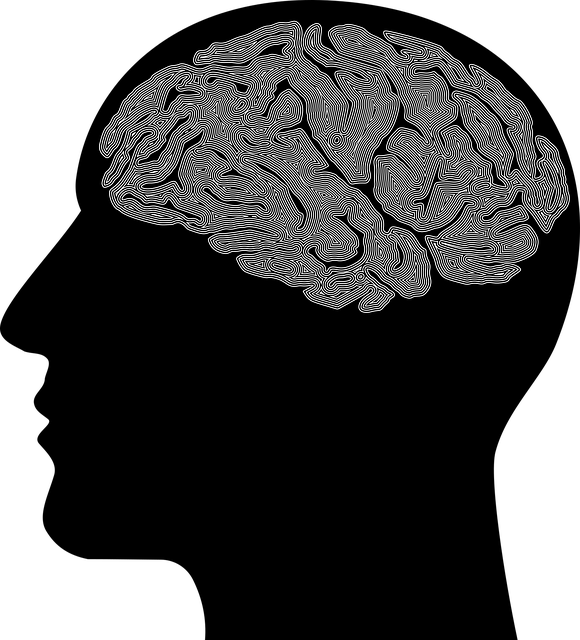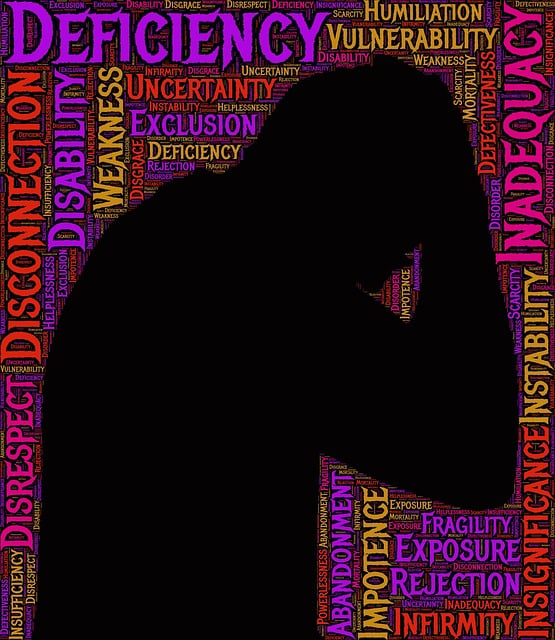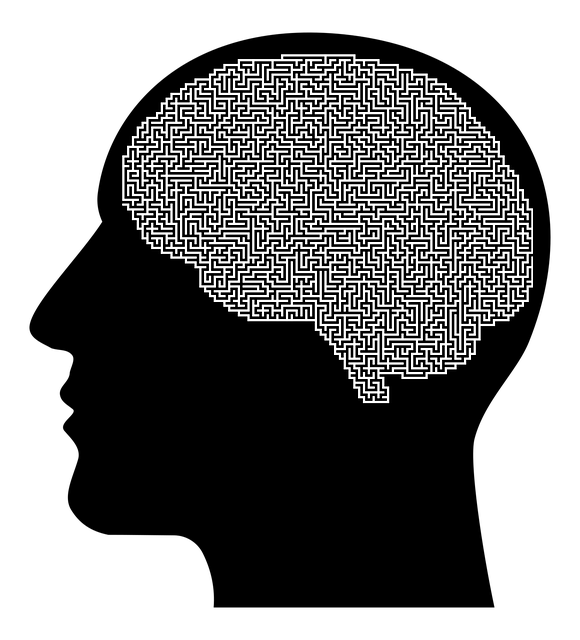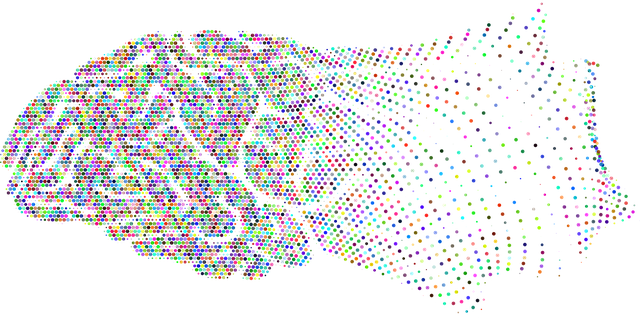Boulder Relationship Issues Therapy (BRIT) emphasizes understanding and addressing diverse community needs through collaborative partnerships, cultural competency training, and inclusive outreach programs. BRIT strategically designs tailored activities and workshops targeting root causes like low self-esteem to promote emotional expression and regulation through methods such as art therapy and mindfulness exercises. Success is measured by long-term feedback loops tracking improvements in conflict resolution and resilience building, ensuring the program's sustainability and scalability for a healthier, more resilient Boulder community.
Community outreach programs play a vital role in addressing societal challenges, especially when it comes to mental health. In this article, we explore effective strategies for implementing initiatives that cater to Boulder’s unique relationship issues therapy needs. From understanding community dynamics to designing engaging programs and measuring success, these steps ensure impactful long-term solutions. By fostering collaboration and leveraging feedback, outreach efforts can revolutionize access to mental health services, creating a more supportive and resilient community in Boulder and beyond.
- Understanding Community Needs and Collaboration for Effective Outreach
- Designing and Structuring Programs to Address Relationship Issues
- Measuring Success and Sustaining Long-Term Impact Through Feedback Loops
Understanding Community Needs and Collaboration for Effective Outreach

Understanding the specific needs and dynamics of a community is paramount to the success of any outreach program. By fostering an inclusive environment that encourages open dialogue, organizations can effectively identify and address the unique challenges faced by their target demographic. This involves active listening to the community’s voices, especially those often marginalized or underrepresented. For instance, in areas like Boulder with its diverse population, relationship issues therapy might be a pressing need, highlighting the importance of culturally sensitive services.
Collaboration is another key factor for effective outreach. Building strong partnerships between healthcare providers, community leaders, and local organizations ensures a holistic approach to addressing needs. Training programs focused on cultural competency, such as those offered to enhance the skills of healthcare providers, can significantly improve interactions and trust. Moreover, integrating stress reduction methods and promoting emotional intelligence across these collaborations enables a more nuanced understanding of community well-being, ultimately strengthening the impact of outreach initiatives.
Designing and Structuring Programs to Address Relationship Issues

Effective community outreach programs aimed at addressing Boulder Relationship Issues Therapy should be meticulously designed and structured to target specific challenges. These initiatives can significantly impact individuals’ lives by fostering healthier connections and improving overall emotional well-being. By identifying root causes, such as low self-esteem or depression, program organizers can tailor activities and workshops accordingly. For instance, group therapy sessions focused on building self-confidence and resilience may be beneficial for those struggling with interpersonal relationships due to low self-esteem.
The structure of these programs should encourage open communication and safe spaces for participants to share their experiences. Incorporating various techniques like art therapy or mindfulness exercises can help individuals express themselves and learn emotional regulation skills, which are essential for preventing depression and promoting positive interactions. A well-rounded approach that addresses both the individual and their social connections can lead to transformative outcomes, ensuring a healthier and more supportive community environment.
Measuring Success and Sustaining Long-Term Impact Through Feedback Loops

Effective community outreach programs aim to create lasting change and measurable results. Measuring success goes beyond initial impact; it involves establishing feedback loops that capture the long-term effects of the initiative. By collecting insights from participants, volunteers, and stakeholders, organizations can understand the sustainability and scalability of their efforts. This data-driven approach ensures that the program aligns with the community’s evolving needs, fostering a healthier, more resilient environment over time.
For instance, a Boulder Relationship Issues Therapy community outreach program could gauge success by tracking improvements in conflict resolution techniques among participants. Additionally, measuring resilience building within the community can reveal the program’s ability to address underlying social issues. These feedback mechanisms empower the organization to adapt strategies, ensuring the community outreach program implementation remains relevant and impactful, creating a positive ripple effect across Boulder.
Implementing successful community outreach programs, such as those focused on addressing Boulder Relationship Issues Therapy, requires a collaborative approach that starts with understanding local needs. By designing structured programs tailored to relationship issues and establishing feedback loops for continuous improvement, organizations can achieve long-term positive impact in their communities. This holistic strategy ensures that services are relevant, accessible, and sustainable over time.














